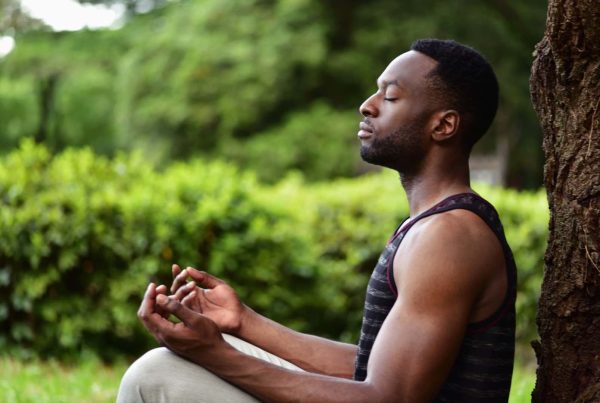Mindfulness is about paying attention to the present moment. To what’s going on in the here and now, not what happened in the past, or trying to predict the future.
This involves observing your thoughts, feelings, emotions, and your environment too, without judgement. I have a blog post dedicated to explaining mindfulness. What it is, why it’s beneficial, and how to practice it. So, it might it might be worth checking that out before you continue reading.
In this post I’ll explain the common myths about mindfulness. Because when people first see or hear the word, confusion arises. They can associate it with pseudoscience, hippy culture, religion, or miss the point entirely.
The fact is, we all have awareness and no doubt most people have all had mindful moments in their life. Mindfulness is a part of our daily existence.
Let’s get right into it then.
Mindfulness is Religious
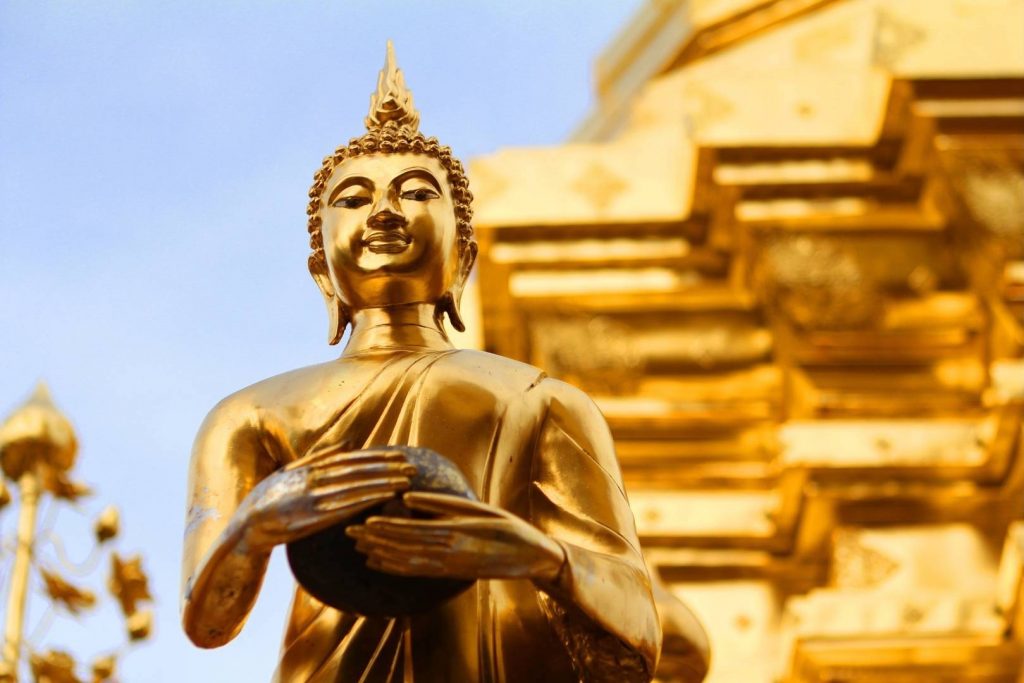
Whilst it’s hard to trace the exact origins of mindfulness, it’s clear that Eastern religions like Buddhism popularised it. However, there is also reference to mindfulness in western religions like Christianity.
Whilst the practice is thousands of years old, there is nothing religious about it. It’s not associated with any kind of beliefs, or worship of a specific God or deity. Mindfulness is taught as a secular practice by therapists, pyscologists, and teachers. As well as practitioners within health care services.
It’s intriguing that ancient cultures brought awareness and focus towards the inner workings of their minds. They were ahead of their time in looking after their own mental well-being
Whilst we like to think of our current society being so advance in the fields of psychology. It’s clear that other civilisations were ahead of us a long time ago. It’s only recently that the west adopted mindfulness and to great effect.
Mindfulness is About Emptying the Mind
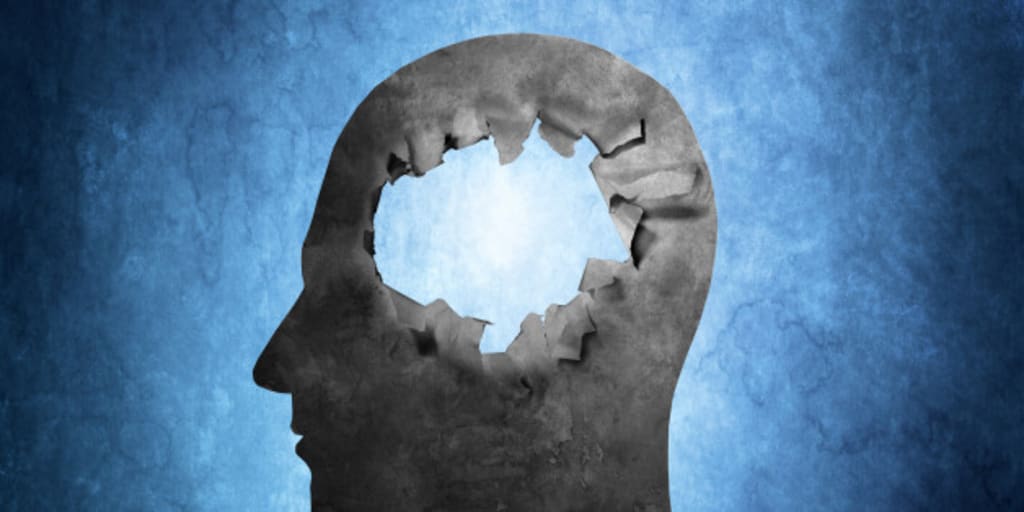
This is a big one, that puts people off the practice as soon as they attempt it. They sit down, close their eyes, and try to empty their mind. Within a few minutes they think “I can’t do this, my mind is all over the place”.
You can experience short periods of time with little or no thought. But it’s impossible to empty your mind completely. Thoughts will always be there. They pop up spontaneously and uncontrollably.
Mindfulness is not about emptying your mind. It’s about observing it.
By learning to watch your thought patterns, you can become more aware of the thought loops you get stuck in. You can simply observe them come and go, without them consuming you.
Practising mindfulness empowers you to use the mind like a tool. Giving you the power of choice, rather than letting it dictate your behaviour. By being more aware of your thoughts, you can prevent yourself from acting automatic, and unconscious ways.
Instead, you can decide what to do and how to act.
Mindfulness is About Meditating
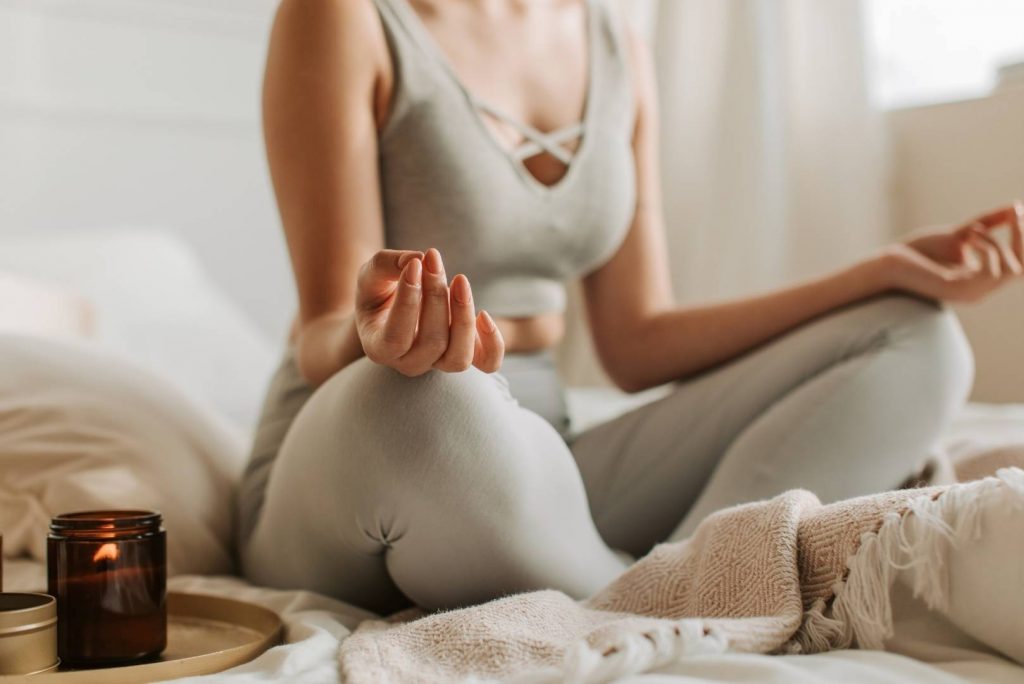
When people think of mindfulness, they often picture somebody sitting in peace. With their eyes closed, legs crossed, and both arms extended out.
Whilst I encourage you to meditate due to its benefits, it’s not the only way to practice mindfulness. Remember, the practice is about bringing awareness to the present moment.
You can apply that to anything you do in life. Driving, eating, walking, or even doing household chores. “Why an earth would I want to do that?” I hear you ask. Because, more often than not people get stuck in their own minds, somewhere else entirely.
They can either be ruminating about the past. Complaining about the present. Or planning and predicting the future. The issue is that is they miss what is happening now, or make the present moment into a bigger problem than it needs to be.
What’s the alternative?
Explore the present and find contentment in it.
The next time you’re stuck in traffic, instead of getting annoyed, anxious, and frustrated, pay attention to your body. Your senses. And the environment around you.
Hate doing the dishes? Pay attention to the water, the sounds it creates and its temperature. Notice how your hands feel, acknowledge the movements and sensations within your body. Instead of making an enemy out of the present moment, welcome it, without resistance.
Find peace with each moment. Do this every day. Think about how great that will be for your overall well-being and health. Your body and mind will thank you later.
“Mindfulness is observing the beauty of every moment unfolding before us.”
― Amit Ray
Mindfulness is Only for Mental Health
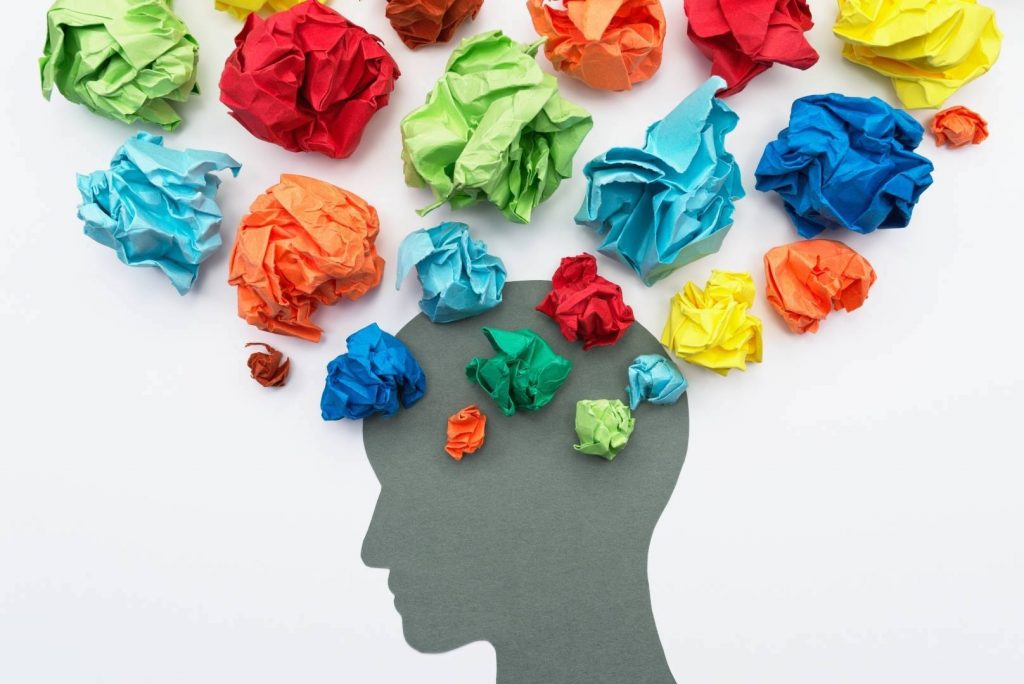
It’s easy to assume that mindfulness is only for those who are suffering with mental health, but this isn’t true. Mindfulness increases memory, attention span, and concentration. Reduces chronic pain, blood pressure, and addiction. Can facilitate better sleep, and enhance your overall performance.
And this isn’t hearsay. There have been many studies showing the positive effects of mindfulness. In one study, 16 participants had MRI scans before and after eight weeks of mindfulness stress reduction therapy.
Over that period, physical changes occurred in the subjects’ brains. In areas responsible for memory, learning, and cognitive function. Additionally, the area of the brain responsible for stress and anxiety decreased.
So, anyone and everyone can improve their own minds using mindfulness. This is one of the reasons why I want to inform and teach as many people as possible about the practice.
Mindfulness Should Relax You

This is another misconception that causes a lot of people to give up far too early on.
This is another misconception that causes a lot of people to give up early on.
Practicing mindfulness can reduce stress and anxiety, but the present moment isn’t always easy to manage. The expectation that mindfulness will always relax you is unreaslistic.
You might be unwell. Stressed at work. Stuck in traffic. Surrounded by irritating noises, or feeling overwhelmed walking through a hectic city. These are all difficult life situations and it’s normal to find them challenging.
You are a human being after all.
But using mindfulness can help you to welcome these situations, with openness and compassion. You can accept the present moment as it and stop resisting it. Which is what causes so much unnecessary suffering.
You may then be able to relax more. And what if you can’t? Well, at least you brought attention and awareness to how you were feeling. You become conscious of your emotions. Meaning they are much less likely to overwhelm you.
And that’s the power of mindfulness.
The more I practice it, the less impact difficult situations have on me. I can’t always relax, but I’m able to go with the flow of life much more, without it taking me on a ride.
I’d like to add, I have had plenty of tranquil moments when practising mindfulness. Ones which felt blissful. They come and go. But I’m always grateful for those experiences when they arise. They bring me a great sense of peace.
So, don’t be disheartened if mindfulness doesn’t always relax you. That’s normal. And relish in the pleasurable moments when they arrive.
Mindfulness isn’t a Mystery
Mindfulness is not some kind of magic or mystical practice. If you’ve ever been in awe of nature, present and mesmerised, you’ve practiced mindfulness. Ever observed your emotions and prevented them from taking over? Then you’ve also used mindfulness.
What prevents you from being more present frequently is your mind.
And this is the case for most people. We all live such chaotic, stressful, challenging, and busy lifestyles, that our minds can’t keep up! Most of us are stuck on autopilot and can’t escape our habitual thinking from taking over.
But mindfulness can empower you to take back the reins of your mind and make a choice. It’s brain training that teaches you to wake up to what’s happening in the here and now, without judgement.
It’s never too late to learn the practice. It’s needed more than ever with the huge mental crisis many countries are facing. What’s holding you back?
I hope you find this post helpful. Let me know in the comments what misconceptions you had about mindfulness.
Take care of yourselves,
Chris from Mindful Way to Be


